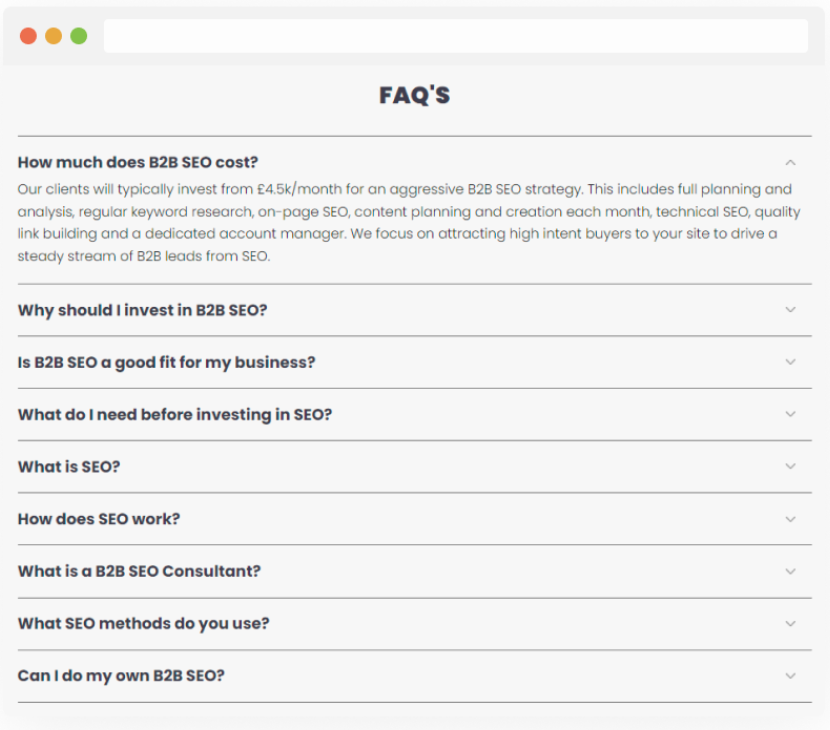Artificial intelligence, or AI, is the use of algorithms to learn from data and perform automated tasks. The World Health Organization recognizes the potential of AI in improving public healthcare and medical research. However, it also emphasizes the need to uphold ethical standards in AI healthcare to fully benefit from its advantages. To support patient interests, it is crucial to design and implement ethically responsible policies and laws. Ethical concerns in AI healthcare include discrimination, privacy, surveillance, human judgment, and bias. This article explores different applications of AI in healthcare and the influence of ethics on its use.
To grasp the importance of ethics in AI, enroll in the Ethics of Artificial Intelligence (AI) Course. Before examining the prospects of ethics in AI healthcare, it is essential to understand the role of AI in healthcare. For instance, nurses play a vital role in the industry but often face heavy workloads and low pay. AI can help alleviate this burden by automating administrative tasks, allowing healthcare professionals to focus on patient care. Additionally, AI can transform healthcare systems by extracting valuable insights from large volumes of digital data.
To implement AI in healthcare, it is necessary to understand its various applications. These include clinical care, health research and drug development, public health surveillance, and health systems planning and management. Ethics in AI becomes particularly important in healthcare as AI can aid in making treatment decisions and support the shift towards home-based care. AI can also simplify and accelerate the drug discovery process, making it more cost-efficient. Furthermore, AI can enhance health research by utilizing electronic health records (EHR) for scientific study, clinical care optimization, and quality improvement.
To address ethical concerns in AI healthcare, it is crucial to establish ethical principles. The use cases of AI in healthcare can affect human lives and patient data security and confidentiality. The key principles for ethical AI in healthcare are autonomy, consent, transparency, trustworthiness, accountability, collaboration, non-discrimination, and fairness. AI systems should not undermine human autonomy and decisions should ultimately be in the hands of human users. The Human in the Loop (HITL) model can provide oversight of AI healthcare systems. Consent should be obtained for research projects and assessments, ensuring patients are informed of the benefits and risks of AI technologies. Transparency and effective monitoring of human values throughout AI development are vital. Trustworthiness should be ensured through compliance with laws, regulations, and privacy norms. Accountability can be achieved through audits and involving healthcare professionals in the development process. Collaboration between AI experts and healthcare professionals is necessary for successful AI systems. Non-discrimination and fairness should be prioritized to avoid biases and inaccuracies in AI algorithms and ensure inclusivity.
By adhering to these ethical principles, AI in healthcare can be implemented responsibly, benefiting both patients and the healthcare industry. For further learning, enroll in the Google Bard AI Course to explore the fundamentals of Bard AI, its evolution, common tools, and business use cases.
Source link






















